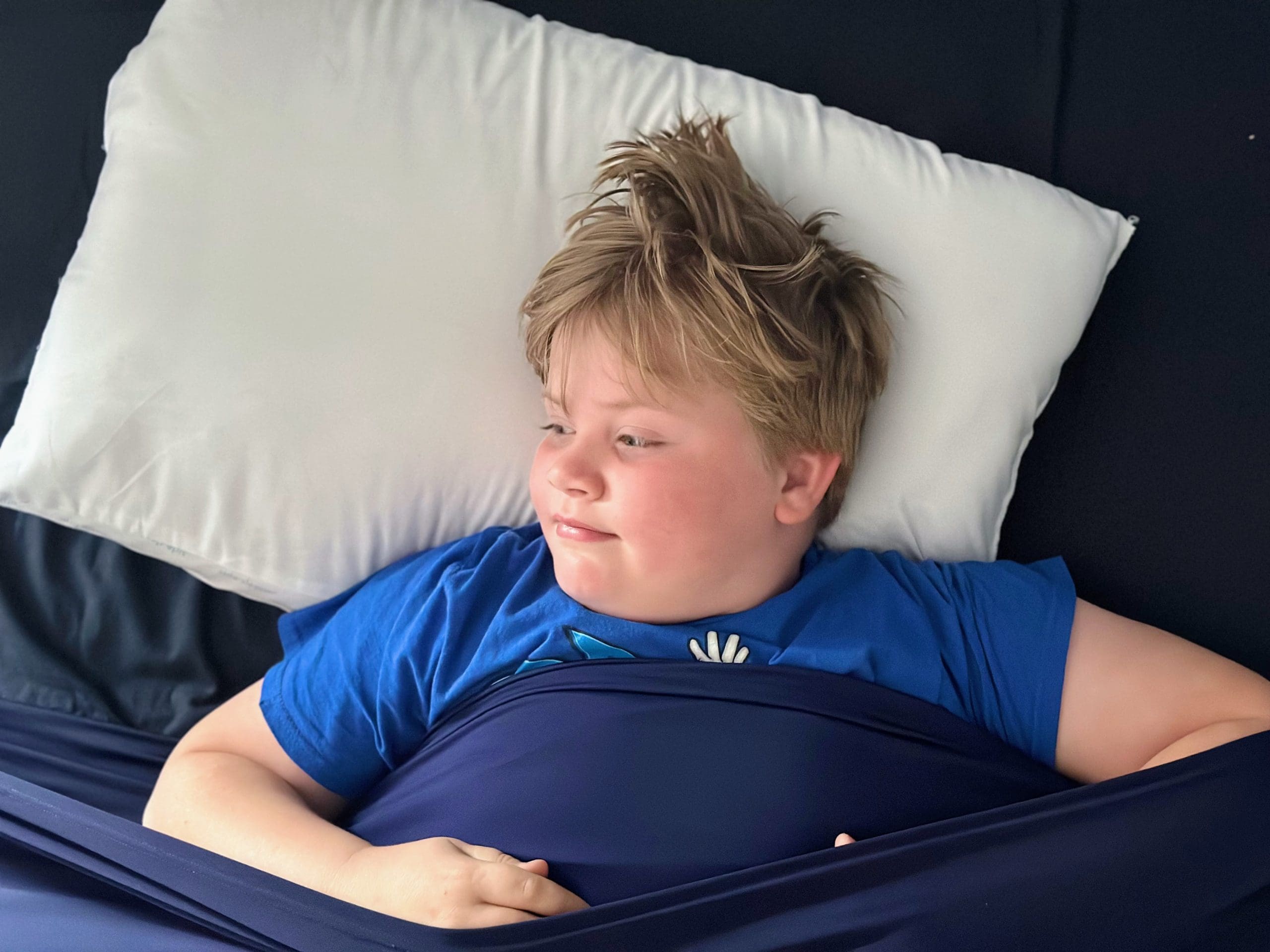It’s common to feel nervous about something. However, excessive worrying and nervousness can lead to anxiety. This doesn’t only happen in adults but also in children too. They also feel nervous and worried about something even if you constantly reassure them that everything will be alright.
If your child’s worry and anxiety have been excessive, address it immediately so it won’t become a much more complicated problem. Today, most parents and educators try special needs resources products like stress balls or breathing balls to help children cope with their anxiety.
9 Signs Of Anxiety In Children
Recognizing and identifying the signs of anxiety in children is crucial to providing early intervention and support. When you can address this, you can help your child have a healthy overall well-being, and you’ll be able to worry less, too.
Here are the nine signs of anxiety in children:
Excessive Worry And Fear
The most common sign of anxiety in children is excessive worry and fear. It can be persistent, affecting their academic performance and social activities. Sometimes, they also struggle to do what they usually do, such as attending school, getting sick, or meeting people.
If you notice this, talk to them about it and try to find out why. They might be getting bullied in school, or something made them feel this way. If you notice that they don’t respond to you or you struggle to say the right words, consulting a professional might help.
Avoidance
Children suffering from anxiety may find some situations threatening or scary. They’ll try to avoid them by locking themselves in their room or ignoring invitations to join any activities. For children with social anxiety, avoiding is their coping mechanism.
It’d help if you encouraged them to face their fears by gently and gradually coaxing them. It’s important not to force them as this can exacerbate the problem. Be understanding and patient with your child.
Physical Symptoms
Some symptoms of anxiety may manifest physically, such as:
- Fatigue
- Headache
- Stomachache
- Nausea
- Dizziness
- Trembling
- Sweating
- Rapid heartbeat
- Skin problems like eczema
- Alopecia areata
Physical symptoms appear because of the body’s fight-or-flight response. This reaction is designed to protect the body from perceived threats. When a child feels anxious, their body releases the cortisol stress hormone, which causes these symptoms.
Managing these symptoms is essential so your child can enjoy playing, social interaction, sports, and learning.
Difficulty Sleeping
Anxiety can interfere with your child’s sleep. They may experience night terrors and nightmares and even experience bed-wetting. It’ll affect their daytime activities when they can’t get a good night’s sleep.
Help them sleep peacefully by creating a calm and relaxing bedtime environment. Encourage them to develop a nighttime sleep routine to help them fall asleep faster and stay asleep longer.
Irritability
They may have difficulty controlling their emotions, are easily upset and irritable, and become moody. They do this to push people away and avoid situations that make them anxious.
This behavior can affect relationships at home and in school. You can talk to them about it or ask for professional help. Professionals can help them and recommend effective coping mechanisms for managing their emotions and reducing anxiety.
Perfectionism
Children with anxiety may feel pressure to be perfect to avoid criticism, rejection, or failure. They may also believe that if they can control their environment and behaviors, they can prevent bad things from happening.
They also tend to overthink and obsess over little details because they don’t want to hear negative feedback about what they do. For children, this can be a double-edged sword. If they fail or make mistakes as they try to be perfect, they’ll easily feel depressed or suffer from other conditions. As a parent, you must let your child feel that it’s okay to make mistakes and it’s a normal part of life.
Difficulty Concentrating
Racing thoughts can distract a child and take their attention away from essential tasks like school lessons. They may also worry too much about a particular thing, which interferes with their ability to stay focused.
This behavior can be a symptom of a co-occurring disorder like attention deficit hyperactivity disorder (ADHD) or depression. Working with a mental health professional will help develop strategies to support their attention and focus.
Excessive Self-Consciousness
How others perceive them may make them self-conscious or embarrassed in social situations. This may lead to difficulty making friends and isolating themselves at home. Being self-conscious can make them overly critical of their appearance, which can be addressed by the following:
- Encouraging positive self-talk
- Participating in activities that build self-esteem, like music, sports, or arts
- Role-modeling positive self-confidence.
Watching what you say about yourself whenever you’re with your child can mean a lot. As parents, your child looks up to you; whatever you say can sometimes become the truth they live by.
Ritualistic Behavior
Children with anxiety may sometimes develop ritualistic behaviors to feel safe and in control. This can be repeated washing of hands, skipping lines on the floor, or checking locks multiple times. This is the early onset of potential illnesses like obsessive-compulsive behavior (OCD) or germaphobia.
These compulsions can be time-consuming and disruptive. And when these rituals are interrupted, it can cause them significant distress or impairment. It’s best to seek the guidance of a mental health professional to manage this symptom better.
Signs of Anxiety in Children: Conclusion
Anxiety is a common mental health issue affecting children of all ages. Knowing the different signs of anxiety is essential to help your child receive appropriate support and intervention.


